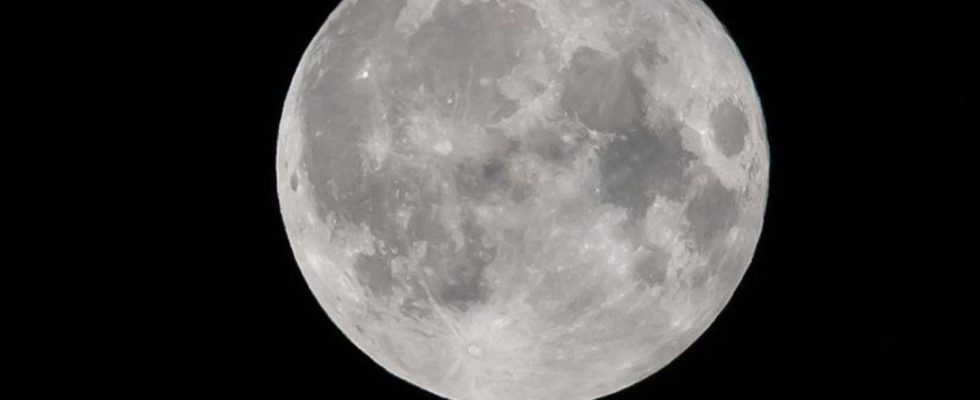space travel
Russia starts moon mission – for the first time in 50 years
Russia’s Luna-25 spacecraft is scheduled to launch on Friday to explore the moon. photo
© Bodo Marks/dpa
In 1976 Russia sent the last probe to the moon. Almost 50 years later, the first Russian moon mission of the 21st century is to start, thus continuing the Soviet “Luna” program.
Actually, the probe should have been on the way for a long time. The first planned launch date for a lunar probe was 2012, and May 2022 was last targeted. “Luna-25” is part of the Russian lunar program. This envisages building a space station on the earth’s satellite by 2040. Russia is thus building on its Soviet “Luna” program, in which space probes also brought moon rocks to Earth. Moscow last sent the Luna-24 probe to the moon in 1976.
“Luna-25” should now help to develop a technology for a soft landing. For this purpose, the probe should collect and analyze soil samples from the moon, it said. The planned investigations also include studying the surface layers in the area of the south pole of the moon, it said.
In the far-eastern region of Khabarovsk, the authorities announced that the village of Shakhtinsky would be evacuated on Friday before the launch of the rocket, because the first stage of the Soyuz rocket could land there. Regional authority chief Alexei Maslow said people would be taken to safety from 7:30 a.m. (11:30 p.m. CEST). “This is the first (Russian) lunar program of the 21st century,” he said. Access to the region with missile remnants is strictly prohibited. Maslow didn’t say how long people would have to leave their homes.
Roskosmos originally worked with the European space agency Esa on the Russian lunar program. However, after Russia’s invasion of Ukraine more than 17 months ago, ESA ended cooperation with Moscow.

